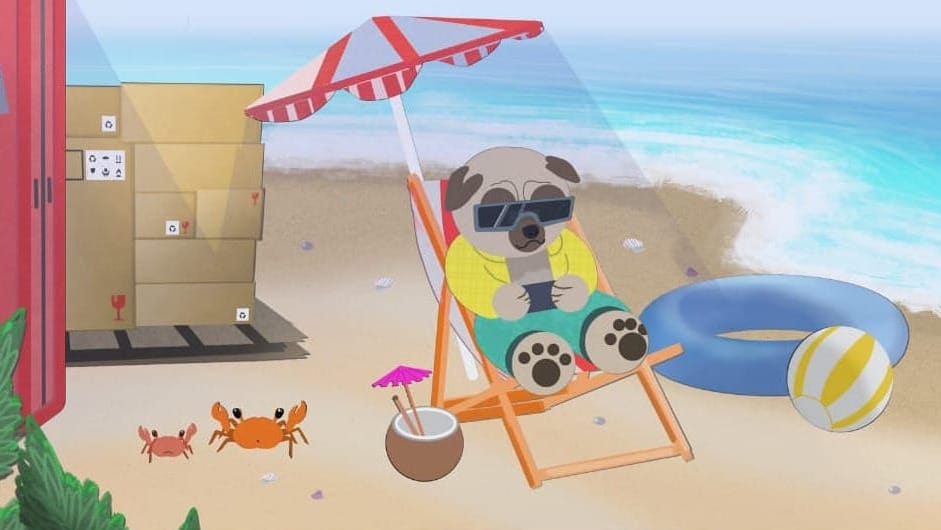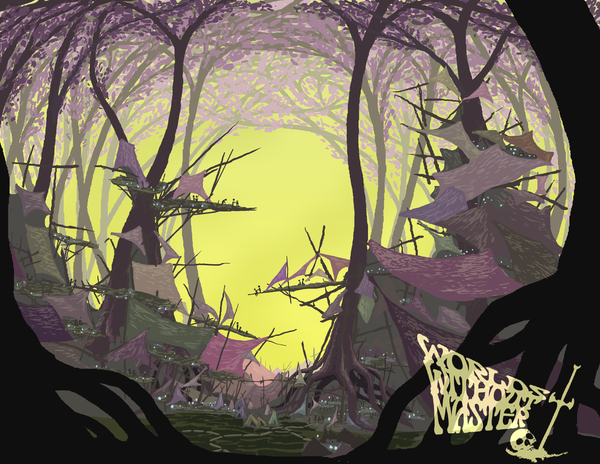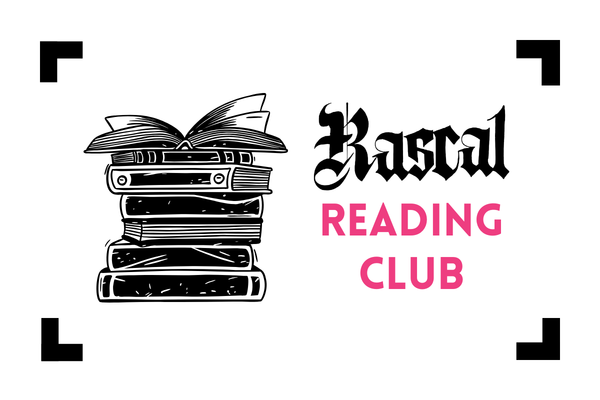Disaster Preparedness Bundle stopgaps FEMA response with tabletop games
Disaster Aid argues an ounce of disaster prevention’s worth $10 of games.

Elisabeth Curry is no stranger to disaster. Her first experience with life-altering weather was 1992’s Hurricane Andrew, the storm that prompted a full restructure of FEMA and the US government’s response to natural emergencies. She lived in Georgia in 2024 when Helene wreaked overnight hell on towns and communities on its way to Florida and the Carolinas. And now, as a volunteer for Distribute Aid, she’s watching a different kind of restructure choke critical preparation from the areas of the country most at risk from hurricanes, tornadoes, wildfires, and flooding.
Like so many other mutual aid organizations, Distribute Aid has increasingly turned to crowdfunding and grassroots donorship to ensure funding. The latest of those projects, The Disaster Preparedness Bundle, was organized by Sandy Pug Games’ founder, Nemesis. It wants to raise a modest $2,000 (an initial goal already hit at time of writing) so that communities in need can bank supplies before calamity visits their lives. Sandy Pug Games is hosting the bundle on itch.io and offering 25 digital tabletop RPGs for $10. Included are their own TEN MILLION HP PLANET, alongside Dinoberry Press’ Justicar, Jumpgate Game’s Going Rogue, Gila RPG’s Slayers, and Possum Creek Games’ Wanderhome.
According to Curry, disaster preparedness is a decidedly unsexy venture when compared to the evocative and sometimes maudlin coverage collected in the wake of natural disasters. Money raised will buy both supplies and trucks to transport them to regional hubs — warehouses where it will wait to help those in need land on their feet after a sudden, unstoppable tragedy. “It's harder to inform crowdfunding about transportation budgets for disasters that haven't happened yet. It's hard enough for disasters that have already happened.”
Taylor Fairbank, Distribute Aid’s co-founder and director of development, wishes their success wasn’t so tied to individual donations. Such money accounts for 10% of DA’s annual budget, which is fairly diversified to “ensure resiliency in a shifting fundraising environment,” as Fairbank said. Still, it heartens both them and Curry to see tabletop RPG spaces collectivize support for communities who likely won’t receive television coverage and national recognition when their homes and livelihoods are destroyed.
“I do not think crowdfunding should be necessary in the first place when it comes to disaster response, just as I don't believe federal programs should place so much reliance on nonprofits who refuse to accept government money or federal/state grant funding because of the language and disqualifiers of those grants and that funding,” Curry said. “Crowdfunding places the onus of helping on individuals with a few dollars to spare, and — as such — you need an individual person to want to help.”
But that is the current reality of mutual aid — trading games for clean socks and water filters until a desiccated FEMA can limp in and take over. Those are critical days and weeks, and as Rascal’s interview with Fairbank discovered, we must bridge that gap with the unsexy but vital work of collective action.
This interview has been edited for length and clarity.





